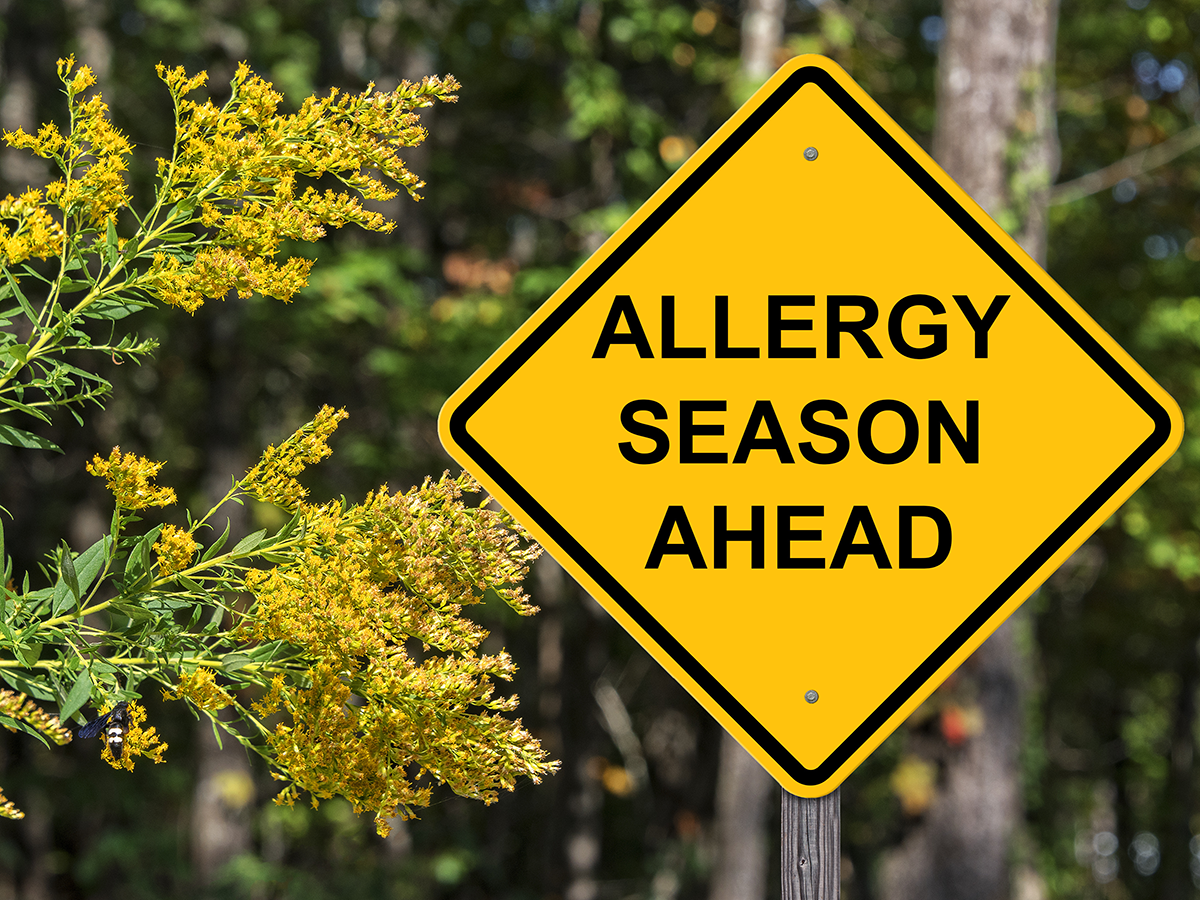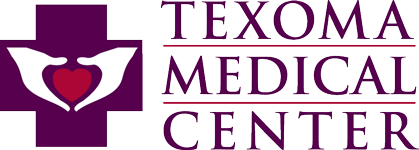Don't wait to start sniffling and sneezing before treating allergies. Now is the time to take action.
 The days are getting longer and the weather is getting warmer. The sights, sounds and smells of budding flowers and trees are all around. While for many people, signs of a new season on the horizon are welcome and invigorating, for others it's a reminder that their allergies are about to kick into high gear. But instead of waiting for the sneezing, sniffling, watery eyes and itchy throat to take hold, why not take matters into your own hands now so you can enjoy the season without the misery?
The days are getting longer and the weather is getting warmer. The sights, sounds and smells of budding flowers and trees are all around. While for many people, signs of a new season on the horizon are welcome and invigorating, for others it's a reminder that their allergies are about to kick into high gear. But instead of waiting for the sneezing, sniffling, watery eyes and itchy throat to take hold, why not take matters into your own hands now so you can enjoy the season without the misery?
Many people wait until they experience allergy symptoms to find ways to get relief. But if you are prone to seasonal allergies and get them year after year, why wait until that happens? After all, it's highly unlikely that this will be the year you suddenly don't experience allergy symptoms—that is, unless you do something about it now.
What can you do now to treat allergy symptoms you don't have yet?
If you start taking allergy medication before allergy season kicks into full-gear, you'll be doing your body a world of good. For one, you won't have to experience the discomfort of allergy symptoms before starting to treat them. It's also more likely that you'll need to take less medication to get and keep your allergies under control if you start taking the medication now rather than waiting until after allergy symptoms appear.
How does allergy medication work?
Most allergy medications contain antihistamines. This stops the chemical histamine, which is released by your immune system when it overreacts to an allergen, from binding with histamine receptors in your body. Once histamine binds to histamine receptors, it causes inflammation. This produces the allergy symptoms you feel, such as congestion, itchiness and watery eyes. By starting allergy medication early, it makes it less likely that histamine released into your system will bind to these receptors. That means it's more likely you'll experience fewer or no symptoms at all.
When should you start taking allergy medication?
If you know which allergens trigger your symptoms, it's pretty easy to figure out when your allergies are likely to start. Start taking allergy medication a few weeks earlier and you should be able to get a good handle on your seasonal allergies before they get the best of you. Some people find that over-the-counter (OTC) antihistamines are enough to provide relief. Others need other types of OTC allergy medicine or prescription medication. If something has worked in the past for you, it's likely to work again. If you haven't found a medication that helps, try another one or a combination of medications to maximize relief. Talk to your doctor or pharmacist about any allergy medications you are taking, including OTC ones, if you take any other medication or have health conditions.
Why is treating allergies in advance a good idea?
Some people find that allergies take the joy out of a season full of endless opportunities to enjoy the great outdoors. Others find that their allergies turn into more serious problems, such as sinusitis. By treating your allergies in advance, you can save yourself a lot of suffering. It's also easier to prevent the histamine reaction from allergens before it starts rather than trying to calm it down once it does.
Copyright 2023 © Baldwin Publishing, Inc. Health eCooks™ is a designated trademark of Baldwin Publishing, Inc. Cook eKitchen™ is a designated trademark of Baldwin Publishing, Inc. Any duplication or distribution of the information contained herein without the express approval of Baldwin Publishing, Inc. is strictly prohibited.
Date Last Reviewed: January 19, 2023
Editorial Review: Andrea Cohen, Editorial Director, Baldwin Publishing, Inc. Contact Editor
Medical Review: Perry Pitkow, MD
Learn more about Baldwin Publishing Inc. editorial policy, privacy policy, ADA compliance and sponsorship policy.
No information provided by Baldwin Publishing, Inc. in any article is a substitute for medical advice or treatment for any medical condition. Baldwin Publishing, Inc. strongly suggests that you use this information in consultation with your doctor or other health professional. Use or viewing of any Baldwin Publishing, Inc. article signifies your understanding and agreement to the disclaimer and acceptance of these terms of use.
